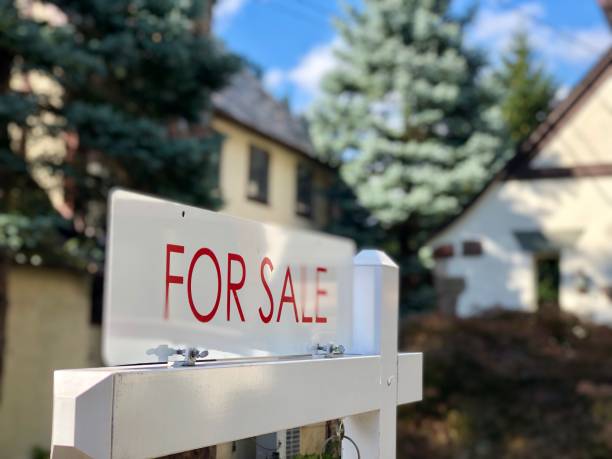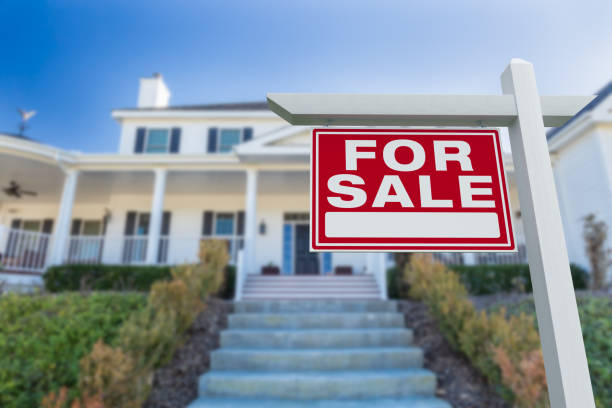Key Factors When Evaluating Estate Properties
Location remains the most critical factor in estate valuation, encompassing not just the immediate neighborhood but also proximity to amenities, transportation, and future development plans. Premium estates in established areas with strong infrastructure and community services typically maintain their value better over time.
Property condition and architectural integrity significantly impact both current value and future potential. Buyers should consider the age of major systems, structural soundness, and the quality of recent renovations. Additionally, the uniqueness of architectural features and historical significance can add substantial value to estate properties.
Legal considerations including zoning restrictions, easements, and property taxes require careful examination. Understanding local regulations regarding property use, potential for subdivision, and any restrictions on modifications helps buyers make informed decisions about their investment's long-term potential.




